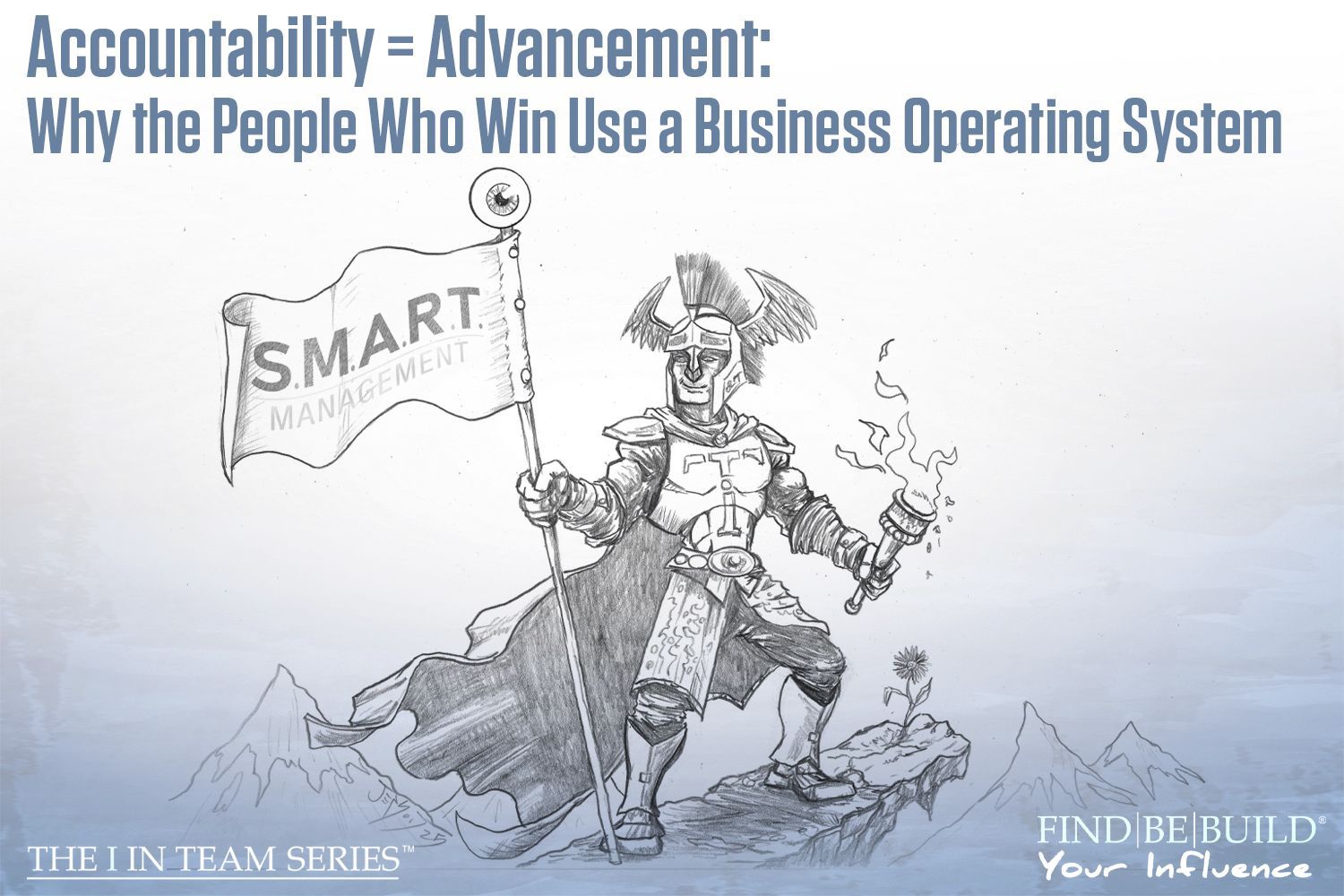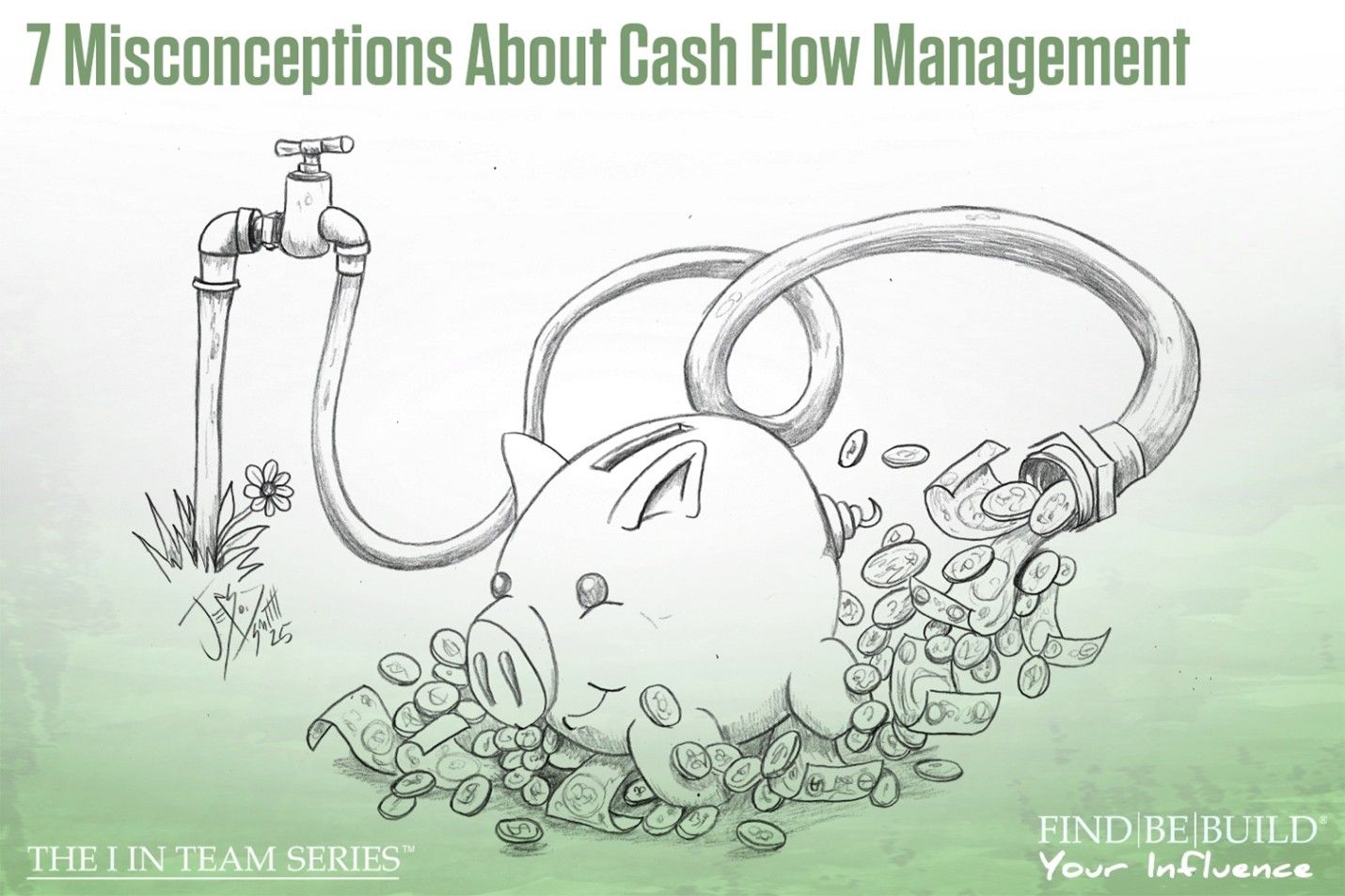What’s My Business Worth?

Business valuation consulting
Written by: Matt Wilhelmi
He took another short sip of his piping hot grande something or other.
I shot back, knowing this conversation was going to take some time.
The well-dressed doctor adjusted in his seat and fidgeted with the coozi on his cup.
I could tell he wouldn’t be satisfied with anything other than a number. You see, this doctor happened to be nearing “retirement age,” whatever that means. He was 60 and had built his practice over the past 25 years. He had found someone interested in purchasing his practice, but he didn’t know how to even begin the conversation.
You’ve been there, seen the books. So, I’ll ask again: What’s my business worth? I gotta know, Matt. You know I can’t keep working forever. What’s my business worth?
He leaned back in his seat and crossed his arms. He looked at me over the brim of his glasses.
The problem with answering this question is this: At the end of the day, no matter what the books say, no matter how many patients he has, no matter how long he’s been there, the business is only worth what someone is willing to pay for it.
So, this doctor has an interested party. Great! But how do the negotiations start?
The first rule of negotiations is key here: Don’t be the first person to give a number. The first rule of business purchase negotiations also applies: Don’t be the first one to explain how it should be valued.
The chances of this “interested party” valuing the business at exactly what the doctor feels his life’s work is worth is pretty slim. It’s possible to get close, but the reality is a number is just a number. Until someone says, “Oh. I see how you valued your business and that makes a lot of sense” you don’t have a real negotiation.
1) Accountants value businesses based on financials
2) Attorneys value businesses based on contract values
3) Advisors ( IA is included in this) value businesses based on a variety of factors and using a variety of methods. We don’t have a “one size fits all” approach. We answer the question of “What’s my business worth?” very carefully. It’s more about the strategy than the numbers. It’s more about the intentions of the purchaser than the contract values. Those are important, but first we need to answer some questions. Here are just some of the variables we take into consideration:
How long has the business been established
What type of business is it (Retail, Wholesale, Service, Manufacturing, Other)
How is the current ownership structured
How do the books look – have they been audited recently
What are the tangible assets and how are they valued
Where does all the revenue come from
Where does all the cash go
Are there any patents or copyrights
How does the business attract new revenue
What systems are in place to ensure quality
What were the goals the business had 5 years ago – how did they do
What intangible value would the purchaser find in the business
What’s the industry doing
What do former employees, vendors, and customers say about the company
Who are the key employees – what are their employment and performance situations
How will the deal be structured (Cash, SBA Loan, Private Financing, Seller Financed, Future Profit Sharing)
As you can see, there are many items to consider in the purchase of the business. (This list is just a small part of our full due diligence on M&A that we perform for our clients.)
We think “What’s my business worth?” is more about the strategy behind the purchase than what the numbers may say.
© Individual Advantages, LLC 2017
The post What’s My Business Worth? appeared first on IA Business Advisors.












